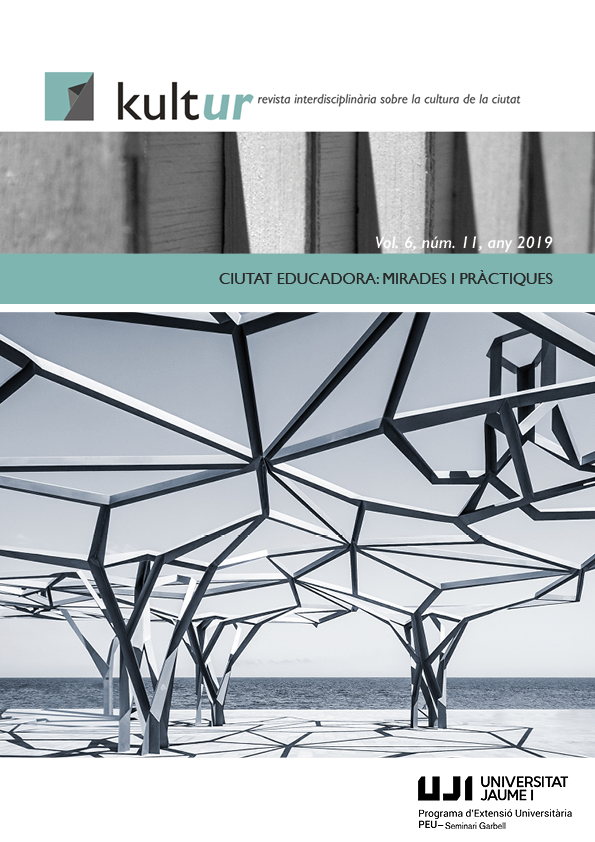Community based learning for Sustainable Development
Contenido principal del artículo
Resumen
The main focus of this paper is to discuss the roles and functions of community-based learning centres and spaces in Asia, within the overall context of the Sustainable Development Goals (SDGs) adopted by the UN General Conference in 2015, with a particular focus on Goal 4 on education towards 2030. This paper reviews how community-based learning institutions emerged within the education for all (EFA) context in Asia and discusses their changing roles and functions through the education for sustainable development (ESD) context; it then explores the potential contribution community-based learning can make to the SDGs. There are three key enabling factors to ensure the roles and functions of community learning centres (CLCs) as community coordinators for sustainable development, namely, community participation, comprehensive programme development and developing networks and linkages. If the main roles and functions in the concept that has emerged for CLCs are carried out, the activities of the CLCs themselves will promote ESD in communities. Abundant local human, natural, information and infrastructure resources are available to tackle local, national and even global issues. CLCs have good potential to act as catalysts to facilitate linkages and partnerships between different stakeholders through intersectoral and intergenerational learning, and thus contribute to developing social capital in the community.
Descargas
Detalles del artículo
.png)
Todos los contenidos de la revista kult-ur se distribuyen bajo una licencia de uso y distribución Creative Commons Atribución-Compartir Igual 4.0 Internacional (CC BY-SA 4.0), salvo indicación contraria. Puede consultar aquí la versión informativa y el texto legal de la licencia. La indicación de la licencia de uso y distribución, CC BY-SA 4.0 debe constar expresamente de esta manera cuando sea necesario.
Los contenidos de kult-ur no pueden distribuirse o reproducirse con fines comerciales. La revista kult-ur se reserva el derecho de reproducción de artículos en papel, formato digital (pdf, epub, mobi, etc.), o ediciones HTML de kult-ur en el futuro. Los usuarios pueden realizar algunas copias impresas para su uso personal o con fines educativos o de investigación.


